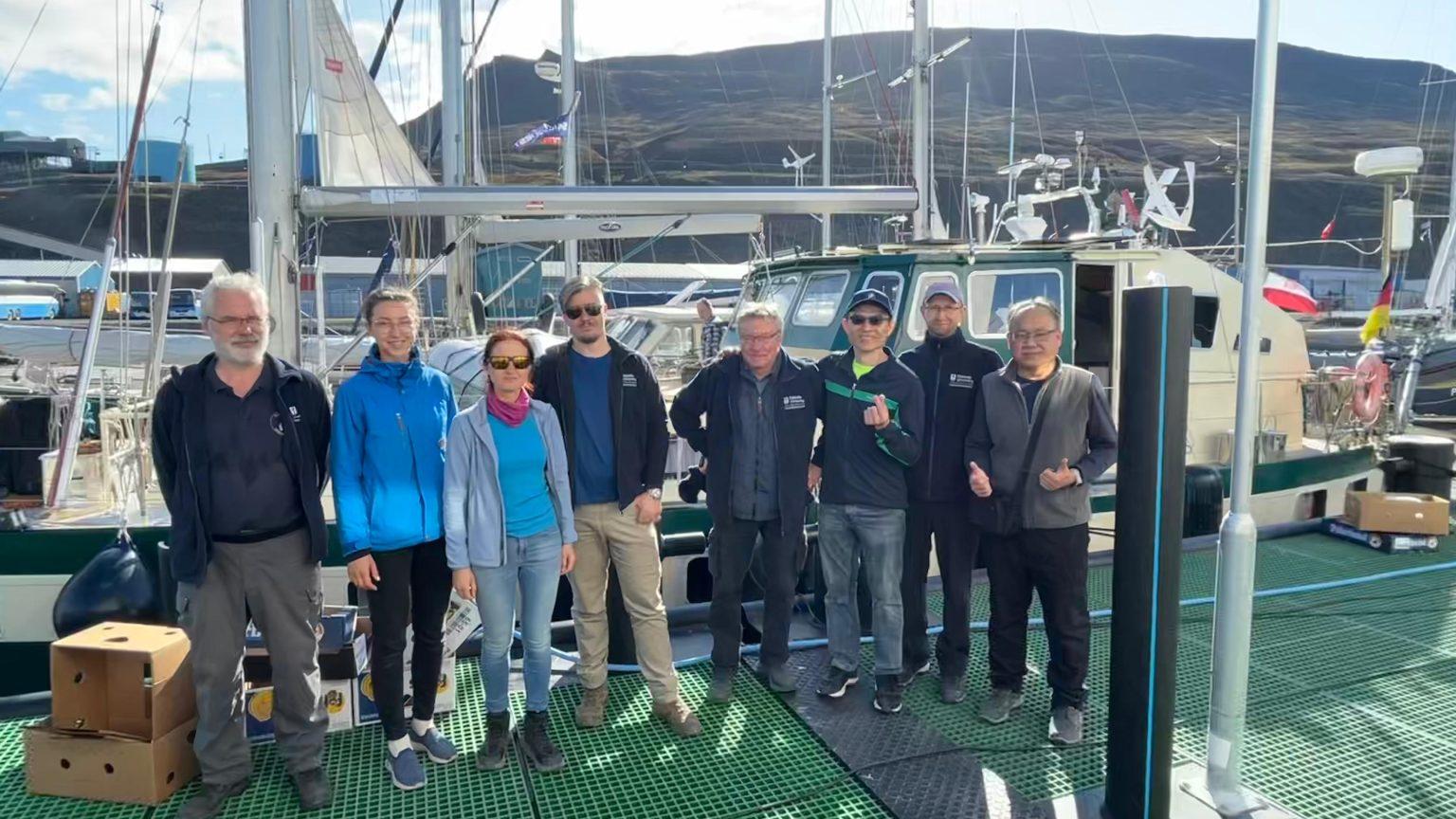The microplastics researcher group of the Latvian Hydroecology Institute (LHEI) has gone on an expedition to Svalbard – an archipelago of islands belonging to Norway, one of the most remote inhabited places in the North.
Expediction goal is to investigate how fast and what types of microplastics accumulate in lagoons and freshwater ponds formed by melting glaciers in the recent past. In addition, persistent organic pollutants (POPs) bound to the surface of microplastic particles and how they can potentially affect Arctic ecosystems will be investigated. POPs are among the most dangerous pollutants that enter the environment as a result of anthropogenic activities. They are found in plant protection products, chemical products used in industry, such as polychlorinated biphenyls (PCBs), furans, polyaromatic hydrocarbons (PAHs) and others. These compounds are toxic and carcinogenic, adversely affecting human health and other living organisms, damaging nervous system, immune system and hindering development of the body. In addition, these compounds are very stable and can persist in the environment for many decades, accumulating in the tissues of living organisms. Predatory fish and mammals, including humans, are the ones at the final stage of the food chain, so human tissues can accumulate the highest concentrations of POPs. These pollutants have also been found in organisms living in the Arctic, far from the sources of the pollution. Microplastics serve as a “vehicle” for pollutants. POPs are bound to their surface, which together with plastic particles can be moved from one place to another, from one organism to the next.
The project is carried out by researchers from LIAE, Marine Research Institute of Klaipėda University (Lithuania) and Institute of Ocean Technology and Marine Affairs of National Cheng Kung University (Taiwan). Seven smart people group, where LIAE is represented by Senior Researcher Inta Dimante-Deimantoviča and Research Assistant, PhD student Marta Barone.
Team of each country has its own role and expertise in this project. Lithuanian colleagues study biodiversity of the Arctic, Latvian team is the most knowledgeable in the field of microplastic pollution research, while the Taiwanese colleagues are responsible for the research of POPs.
This expedition takes place within the research cooperation project between Latvia, Lithuania and Taiwan. In 1997 cooperation in research began between the Latvian Academy of Sciences and the National Academy of Sciences of Taiwan. Later, in 2000, cooperation was expanded by establishing a tripartite Latvia-Lithuania-Taiwan scientific cooperation support fund. Thus, all three countries share the funding. The purpose of the fund is to promote advanced cooperation in the fields of research and technology by supporting scientific research projects in which researchers from the three member states participate together.
You can follow the expedition on the website of the Institute of Hydroecology of Latvia.
Photo: From the archive of researchers of Latvia
